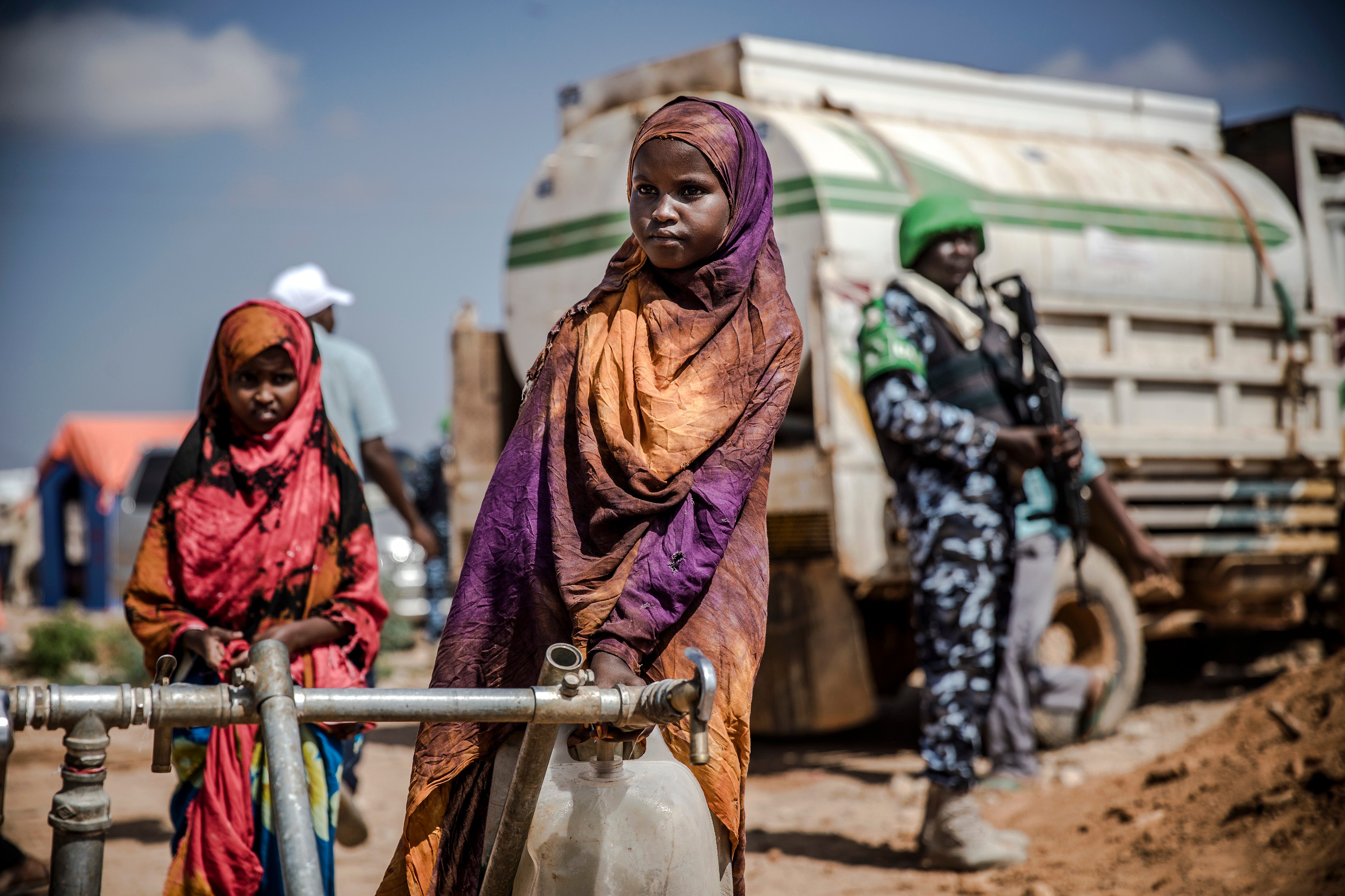We cannot solve the climate crisis without women and girls
Women and girls can contribute and work on combatting the defining issue of our time; all we need is a safe space to do so


A recent report by the United Nations Development Programme (UNDP) on the link between gender and climate change revealed that 80% of those displaced by the climate crisis are female. That is, for every impact of climate change, there is a burden for women and girls to bear.
Environmental instability not only results in the displacement of women, it also leads to child marriages, further disempowering our girls. Involving women and girls in solving the climate crisis could mean food security, zero hunger, an end to poverty, and improved education.
The same report also states that it will take women 135 years to bridge the gap in gender inequality, which means it will also take more than a century to achieve climate justice – because without gender equality, there is no climate justice.
Women and girls can contribute and work on combatting the defining issue of our time; all we need is a safe space to do so.
During a 30-day period of activism prompted by the I Lead Climate Action Initiative, it was highlighted how women around the world have been championing climate action in various ways, despite their toxic environments.
Through our projects we have come to understand that women’s lands rights are a crucial and effective carbon capturing technique. This is a decade of ecosystem restoration and if we are to achieve this then women need to play a central role. Women’s land rights have a wide reaching impact on food security, eliminating hunger and poverty, reducing gender-based violence, and on tackling climate change. By reinforcing land rights, we are empowering women and their children.
I witnessed this first-hand during one of our projects, which gave women access to organic fertiliser for expansion of their production from the UNDP. Research shows that women with lack of secure rights to land also have a lack of access to credit and agricultural programming.
Likewise, our fight for the restoration of Lake Chad is also a fight to strengthen women’s rights through access to resources, such as land and water. It will ease their everyday burden and increase democracy in the region and beyond.
One the reasons progress has been slow when it comes to climate action is because of the limited rights of women. This barrier towards access to resources disempowers women’s ability to participate as solution makers.
To keep up to speed with all the latest opinions and comment sign up to our free weekly Voices Dispatches newsletter by clicking here
Using women and girls as a survival strategy is a weapon against their fundamental rights. The end of child marriage would strengthen our girls’ rights and enable them to access education, which in turn could lead to climate solutions.
For every girl and woman that is deprived of her rights, the less empowered society becomes. It is that simple.
Oladosu Adenike is an ecofeminist and climate justice leader who specialises in peace, security and equality in Africa. She’s an advocate for the restoration of Lake Chad and a green democracy.
Join our commenting forum
Join thought-provoking conversations, follow other Independent readers and see their replies
Comments
Bookmark popover
Removed from bookmarks